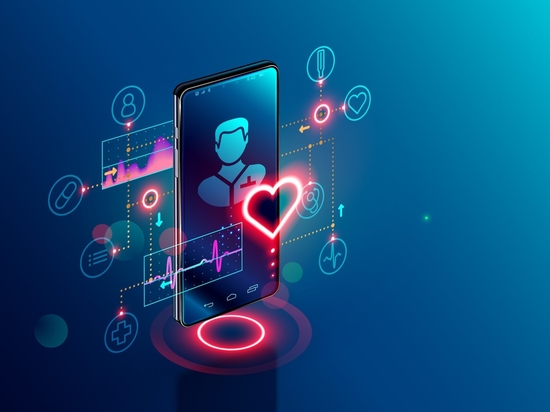
#Product Trends
What Tech is Needed for Effective Clinical Collaboration?
Clinical collaboration takes more than a phone call or email. Special attention needs to be paid to hardware used to share that data securely and efficiently.
What is Clinical Collaboration?
Clinical Collaboration is the collaboration of different specialists and physicians from different healthcare facilities towards better patient care.
Collaboration between multiple facilities can be helpful in cases where a specialist’s experienced opinion is necessary to crack the case of an elusive diagnosis. Of course, it’s not as simple as simply ringing up a friend in a facility just one town over. There is a myriad of considerations that need to be made.
Telehealth Devices
In emergency cases where speed is key, shortening the distance between specialists who need to collaborate towards a patient’s care is very much appreciated.
Take, for example, a patient suffering from a stroke. Stroke treatment needs to be administered almost immediately, meaning any doctor on hand needs to be able to help. Fortunately, if a neurologist isn’t available, doctors who are can quickly communicate with one in real time using telehealth hardware.
As far as necessary tech, high resolution screens are a must. This holds especially true if physicians are sharing MRI and CTI scans where a single missed pixel could spell the difference between an accurate diagnosis and an inaccurate one. Aside from that, having computers that are mobile and easy to transport can make moving into a conference room for telecommunicating much simpler.
HIPAA Compliant Messaging Apps
In clinical collaboration, what’s being shared is immensely sensitive and personal patient healthcare data. And, unfortunately, according to the Protenus Breach Barometer, breached patient records tripled from 2017 to 2018 and have only increased in 2019.
You can’t just slap a patient’s information into an email and send it off to a professional for a second opinion. You’ll need to ensure your facility’s cybersecurity practices are up to snuff.
Fortunately, HIPAA compliant texting apps protect electronic health information without hindering communication between facilities. Their features include automatic deletion of messages after a set period of time or forced identity authorization in order to reach sent information. Some even include remote wiping, meaning lost devices can have all sensitive data wiped clean regardless of location.
Digital Pathology
Digital pathology takes the process of studying tissue slides and samples and completely digitizes it. Not only does this allow for much quicker sharing of findings, it also greatly improves the accuracy of diagnosis.
This ease of sharing becomes very useful for a physician who needs a specialist’s expert opinion on biopsy slides in a timely manner. Better yet, using the secure messaging infrastructures we mentioned above, sharing these findings and insights becomes as secure as it is accurate.
To start with digital pathology, special attention should be paid to the kind of scanners that are being used in your facility. Digital scanners can ensure your facility is taking as high quality a scan of biopsied tissue as possible. This improves accuracy within your own facility. Furthermore, it makes clinical collaboration easier since physicians will have higher res images with which to provide their own more accurate insights.
A high def screen will also ensure slides that your team is looking over won’t be muddied by poor resolution. The right monitor can also be armed with antimicrobial properties and sealed against outside contaminants.
Better Care Through Collaboration
With clinical collaboration, each provider needs to do their part to ensure they are technologically equipped to share, receive, and protect critical patient data. To learn more about the necessary hardware, contact an expert at Cybernet today.





